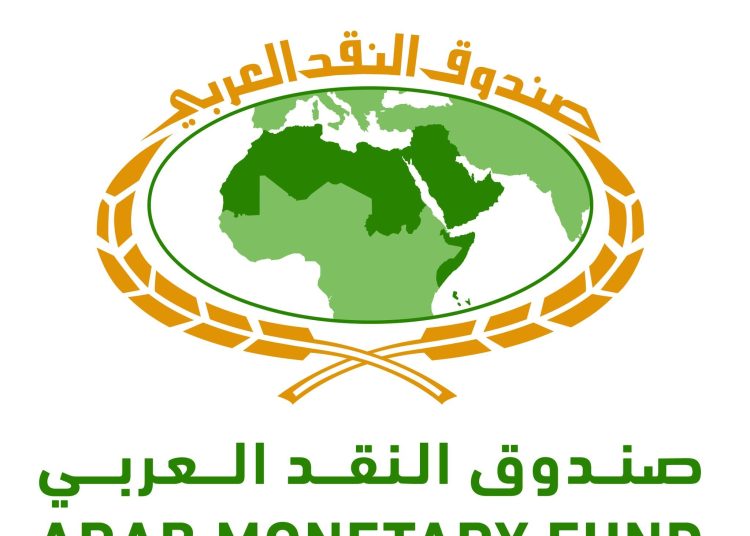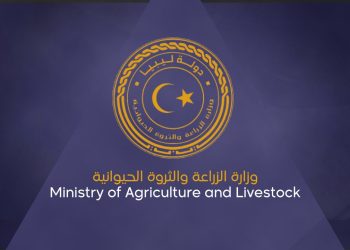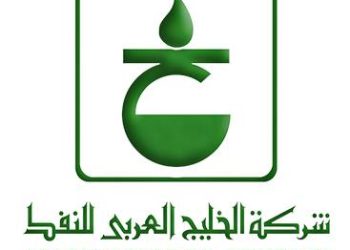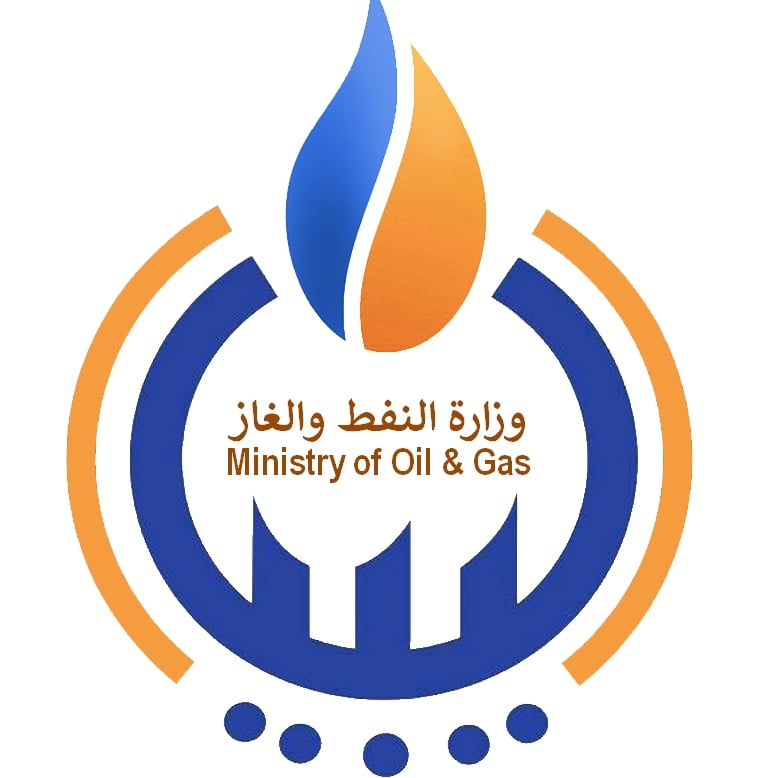The “Competitiveness of Arab Economies” report for the year 2022 revealed that the average official foreign exchange reserves in Libya are sufficient to cover its commodity imports for a period of 41.3 months, compared to 56 months before 2013. The newly issued report of the Arab Monetary Fund indicated that the reserves are an indication of the state’s strength in covering its imports of foreign exchange, commodities and exchange rate support for its local currency.
The average volume of Libya’s reserves during the study period covered by the report was about $73.4 billion, while at the end of 2022 it amounted to more than $84 billion.
Improved competitiveness
Libya’s ranking improved in the general index of competitiveness of Arab economies, which monitors the years from 2018 to 2021, as it occupied 14th place after it was in the 16th place during the years 2016-2017, as a result of reforms in the fields of macroeconomics, business environment, and infrastructure development.
Libya the fastest growing Arab economy at 17.9% in 2023
Earlier, the International Monetary Fund report on growth prospects for the Middle East and Central Asia region showed that Libya will be the fastest growing among the economies of the Arab countries, as the International Monetary Fund expects it to achieve a growth of 17.9% during 2023.
Speaking exclusively to Libya Herald, the former Director of the Economic Department of the General Union of Libyan Chambers of Commerce, Industry and Agriculture, Waheed Al-Jabu, said that the volume of Libya’s reserves in the Arab Monetary Fund report exceeded the number leaked from the Deloitte Central Bank of Libya (CBL) audit report.
That report purportedly said the size of the average reserves in the CBL did not exceed 68 billion dollars, while the Arab Monetary Fund is talking about US$ 84 billion, which is a good thing and confirms the improvement of Libya’s foreign currency assets.
Al-Jabu put the improvement in Libya’s reserves to the recovery of Libya’s revenues from hard currency, and this is due to the stability of oil production and exports during the past two years after the return of several oil fields and wells to production – thus achieving higher revenues.
He added that changing the exchange rate helped a lot in stopping the smuggling of foreign currency from dollars, euros, and other currencies through fictitious CBL documentary credits. He said the CBL had tried hard to impose controls, but at that time it failed in stopping money smuggling operations. But after approving the new official exchange rate, the CBL was able to look after its revenues and assets of hard currency.










